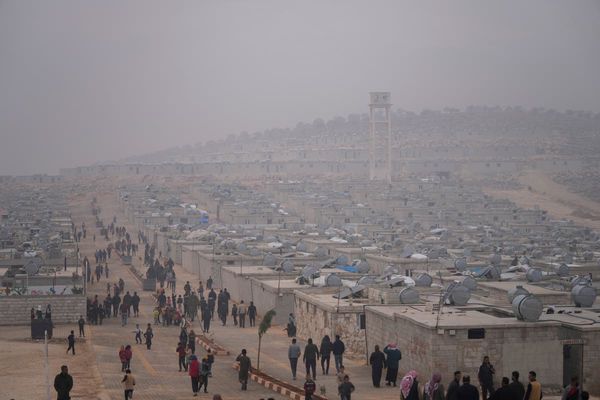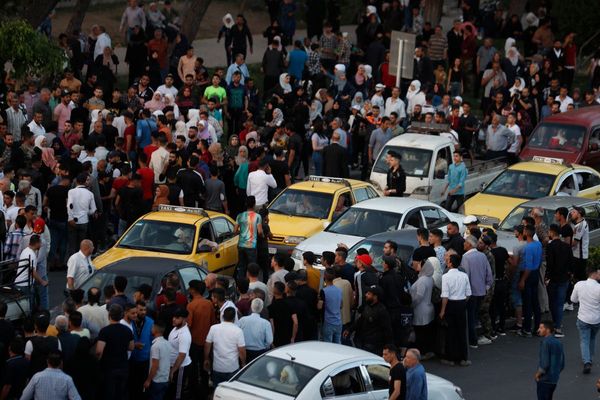
The United Nations General Assembly approved a resolution that will establish an independent body to determine what happened to more than 130,000 people missing as a result of the conflict in Syria.
The resolution, an important response to appeals by their families and loved ones, was adopted on Thursday by the 193-member world body with 83 votes in favour, 11 opposed and 62 abstentions.
Among those opposing the resolution was Syria, which said it will not cooperate with the new institution. Russia, China, Belarus, North Korea, Cuba and Iran also voted no.
The resolution, spearheaded by Luxembourg, noted that after 12 years of fighting in Syria “little progress has been achieved in alleviating the suffering of families by providing answers as to the fate and whereabouts of all missing persons“.
The resolution authorises the establishment of an Independent Institution of Missing Persons in the Syrian Arab Republic, under UN auspices, “to clarify the fate and whereabouts of all missing persons … and to provide adequate support to victims, survivors and the families of those missing”.
Victims, survivors and the families of the missing should be represented in the new body, which will be guided by principles including “do no harm”, impartiality, transparency and the confidentiality of sources and information, according to the resolution.
Historic – The UN General Assembly just voted to establish a new body that will work to reveal the fate of over 100,000 people missing or forcibly disappeared in #Syria.
Yes – 83
No – 11
Abstained – 62Massive respect to the Syrian human rights activists who led this work. pic.twitter.com/mrXBKXTyF6
— kristyan benedict (@KreaseChan) June 29, 2023
UN Secretary General Antonio Guterres must now present terms of reference for the new institution within 80 working days and take steps to speedily establish the body and put it into operation.
New York-based Human Rights Watch said the new organisation needs to have the right tools at its disposal to do its job.
“UN member countries should ensure that this new institution has the staff and resources necessary to determine what happened to so many thousands of people who vanished during Syria’s 12 years of conflict,” Louis Charbonneau, the group’s UN director, said in a statement.
“The people of Syria deserve no less,” Charbonneau said.
Syrian Ambassador Bassam Sabbagh called the resolution “politicised”, saying it clearly reflects “flagrant interference in our internal affairs” and provides new evidence of the “hostile approach” of the United States and other Western nations to his country.
Urging a “no” vote, he said Syria has addressed the issue of missing persons, processed all claims of disappearances submitted to law enforcement authorities and carried out “independent investigations in accordance with Syrian law and on the basis of available information and resources”.
Syria’s uprising-turned-civil war conflict, now in its 13th year, has killed nearly a half million people and displaced half of its pre-war population of 23 million.
The International Commission on Missing Persons cites UN estimates that in 2021 more than 130,000 Syrians were missing as a result of the conflict.
Al Jazeera’s diplomatic editor James Bays, reporting from the UN headquarters in New York, said the resolution was notable for the number of Arab countries that did not participate in the vote.
“It’s interesting among those that abstained, it was nearly all of the Arab countries. Countries in the past that used to support the Syrian opposition. In fact, the only two countries in the Arab world that supported this were Kuwait and Qatar,” Bays said.
“What the problem now for the UN is going to be is cooperation from the Syrian government,” he said.
In the 12-year-long Syrian war, the Syrian government has not cooperated with any of the existing international bodies looking into missing people, he said.










